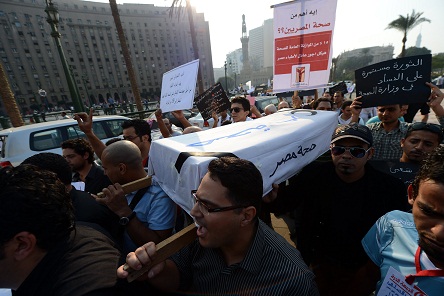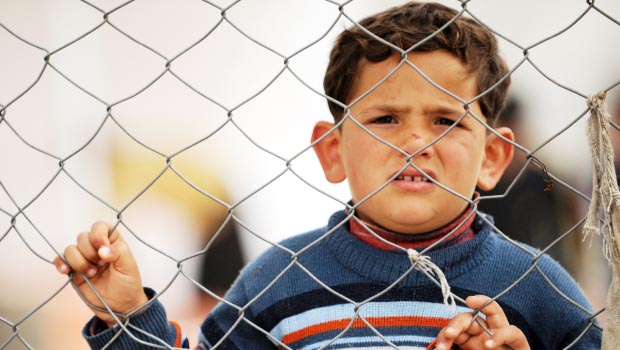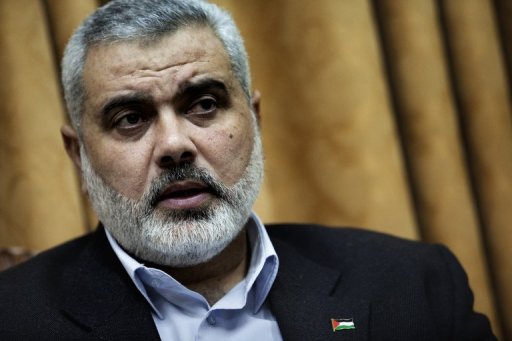
The partial doctors strike enters week seven on Monday, continuing its tactic of group resignations.
The strike began on 1 October.
“Doctors’ strikes in countries all over the world last a long time,” said Mohamed Shafiq from the media committee of the strike governing committee. “In Germany, it lasted four months and three months in Israel,” he said. “This is a battle of patience.”
Shafiq said doctors are escalating the strike through group resignations but, “this takes a lot of time and effort.” The doctors started collecting group resignations last month.
In addition, the doctors are trying to win over the public by holding demonstrations. Last week, a symbolic funeral commemorating the “death” of health was held in Cairo. “We will also hold a demonstration with a symbolic trial of the people responsible for the deterioration of health care,” Shafiq added.
The doctors on strike are rallying for the support of political and social groups “to expand the battle.” Shafiq said that this way, the strike becomes a more general issue rather than the issue of the doctors only. He said the Revolutionary Socialists, the Strong Egypt Party and 6 April Youth Movement are among several political groups who have shown support for the strike.
“But no escalation that could harm the patient will be taken,” he added. As part of the strike, the doctors have made sure that all internal departments in public hospitals, including the emergency departments, are fully running. The only department which the strikers don’t run is the outpatient clinics.
Doctors on strike, have faced intransigence both on the administrative and financial level. “Over the past ten days, we received many reports of doctors who have not received their bonuses and doctors who were threatened that they will be moved to another hospital or will not be allowed to continue their placements,” Shafiq said.
“This is not legal but they are using the language of the most powerful. The consultants who are supposed to be teaching the young doctors are using their authority over them,” Shafiq said. The consultants are generally against the strike because they largely run and benefit from the outpatient clinics, which the strike targets.
Shafiq explained that the legal team of the committee governing the strike, which includes volunteer lawyers, barely manage to help all doctors nationwide who need legal aid.
“This effort should come from the Doctors’ Union, which has a legal committee which gets paid to do this, but a union general assembly with a Muslim Brotherhood majority is not helping,” he said.
The doctors’ strike began following a decision by the general assembly of the Doctors’ Union, which convened in September. The doctors’ three main demands were a gradual raise in the budget allocated for health, intensifying punishment of people who attack hospitals, which have repeatedly come under attack in the past few months, and passing a wage law which offers doctors a minimum wage.
A falling out took place in the union’s general assembly when it came to forming the committee which governs the strike. The head of the union and many board members wanted the strike committee to include them automatically and did not want to run for election to the committee. They walked out of the assembly in protest. Following this, over 1,000 doctors elected the strike governing committee which most doctors follow.



